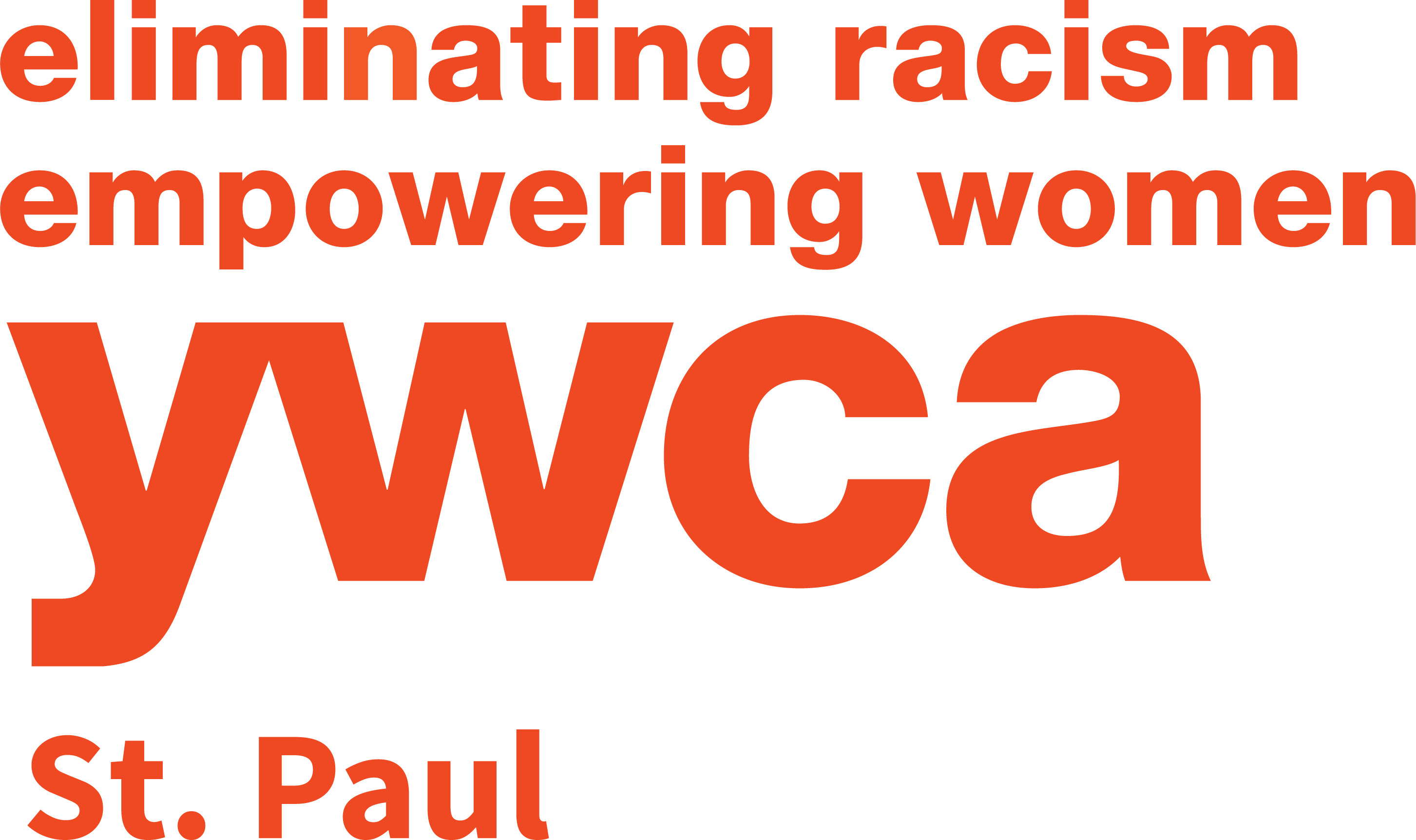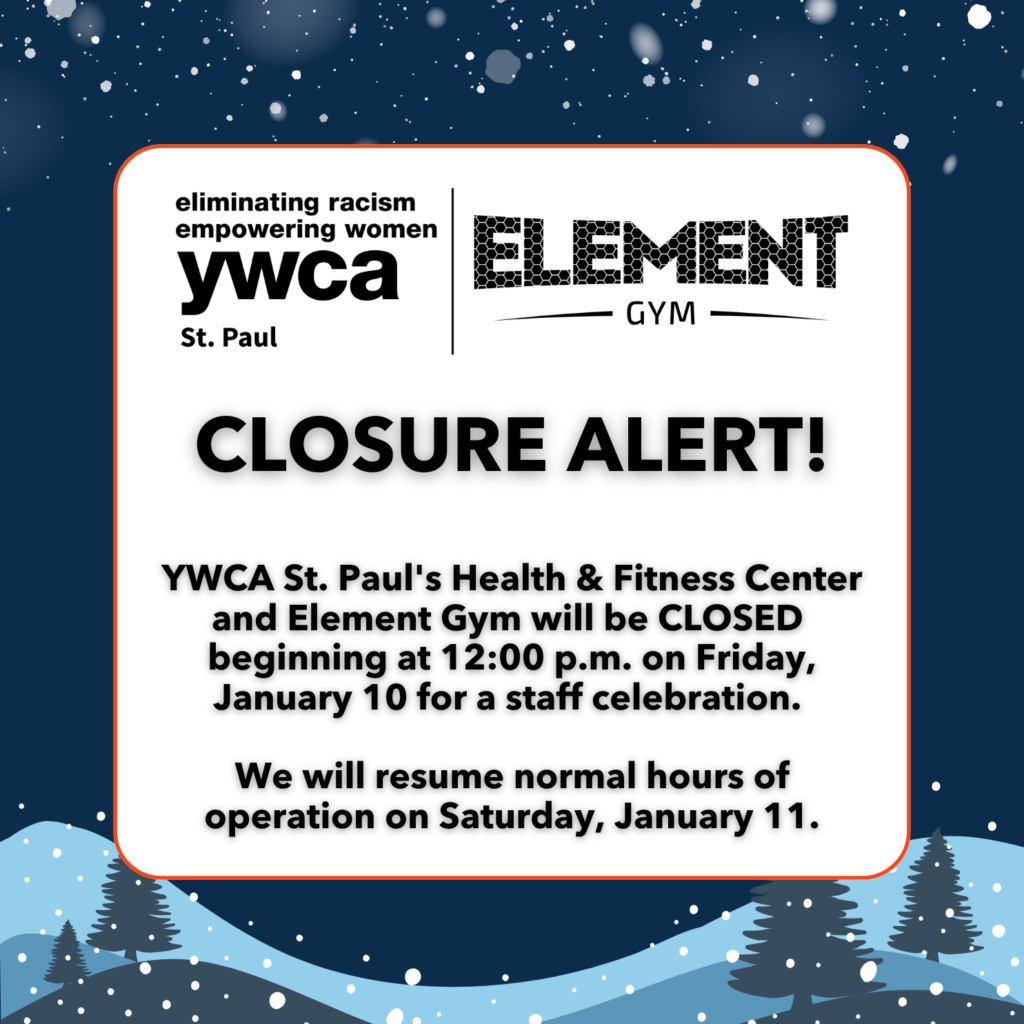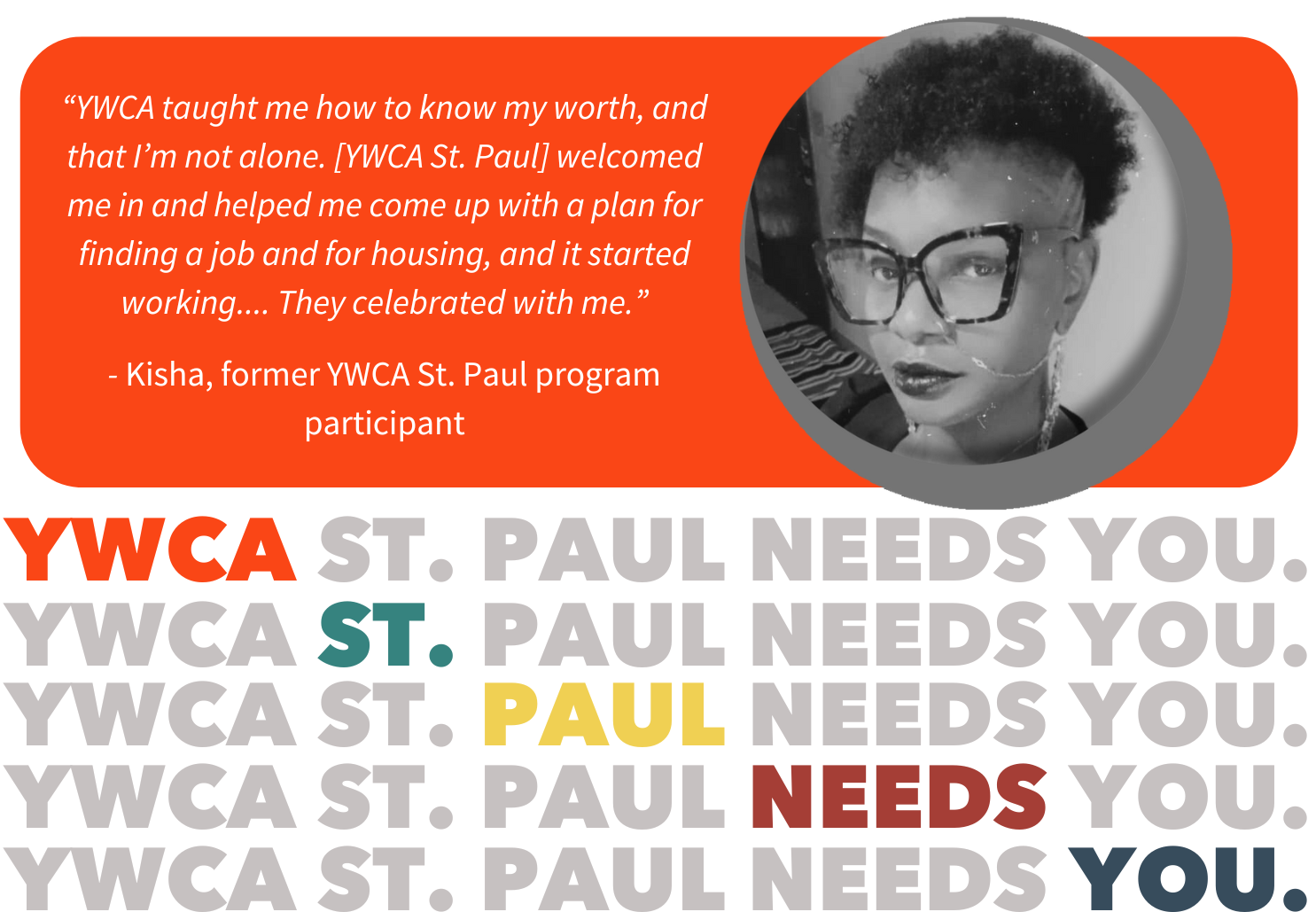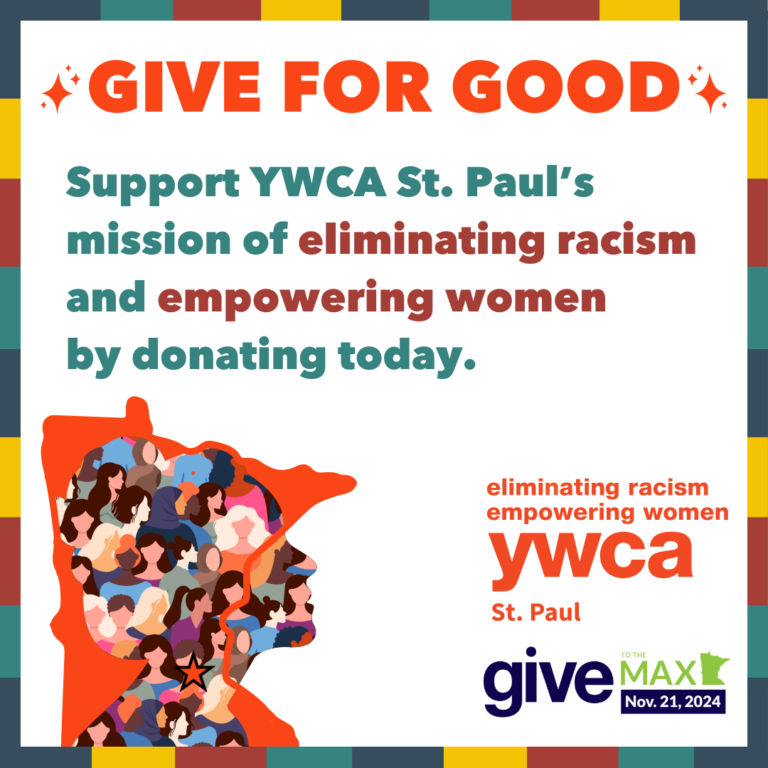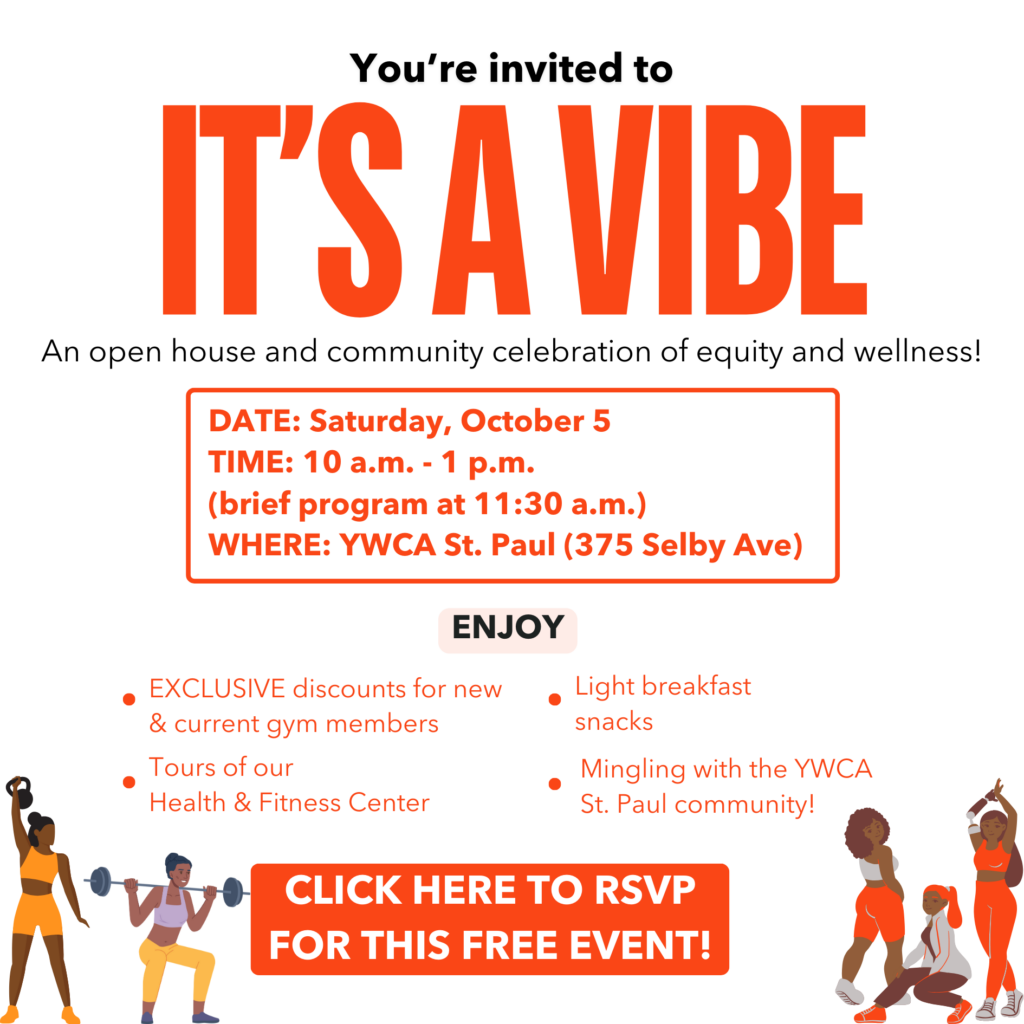To promote better understanding of racism’s impact on our lives and to engage the community in that process, YWCA St. Paul launched a series of Equity and Justice Community Conversations, each focused on a specific topic reflecting the serious consequences of racism.
The first conversation on August 5, focused on homelessness and housing equity, and how systemic racism has contributed to current challenges. The discussion featured Dr. Yohuru Williams, Distinguished University Chair, Professor and founding director of the Racial Justice Initiative at the University of St. Thomas, who provided historical context to the homelessness problem. If you missed the conversation, a recording is available on our YouTube channel.
Dr. Williams addressed several myths related to homelessness, including the belief that homelessness is unsolvable or that shelters are only helping to perpetuate the issue rather than facilitating a solution. However, these myths fail to hold people accountable: homelessness is a symptom of a disease; a disease called racism. And writing this challenge off as ‘unfixable’ allows homelessness and the racist system it thrives under to continue.
Contributing factors to homelessness are poverty, unemployment, lack of affordable housing and the lack of ‘living’ wage jobs. Dr. Williams describes a phenomenon he calls the “Six degrees of segregation.” It is the playbook for the segregation that we see in America and it starts with housing. Once you segregate communities based on skin color, other problems follow – educational disparities, voter disenfranchisement, etc.
This summary from US Housing and Urban Development (HUD) was shared with the audience: “From slavery to segregation, African Americans have been systematically denied equal rights and opportunities. The effects of long-standing discrimination linger and perpetuate disparities in poverty, housing, criminal justice, and health care, among other areas. These disparities, in turn, can contribute to more African Americans experiencing homelessness.”
The most heart-wrenching statistic of all is that 50% of the homeless population in America today is made up of children. To fix this issue, we need to enforce a multi-step process that both educates the homeless on how to advocate for themselves and also makes them aware of resources that are available to them; and we need to decriminalize homelessness.
We have to look squarely at the problem and ask, ‘How are the homeless ever supposed to rise up if they keep getting pushed down?’ We need to identify solutions and back them up with legislation. That means things like ensuring property owners honor housing vouchers so that people can secure subsidized housing. Without that kind of support, homeless people stay homeless. We also need to broaden our definition of ‘homelessness’ – it’s not just about sleeping on the streets, it’s about trying to live within an unstable environment. With this work, we need to be sure we don’t leave impacted people out of these important conversations.
At YWCA St. Paul, we’re working hard to find solutions that give people the stable, affordable housing they deserve. If you or someone you know, needs housing assistance, click here to learn about YW’s housing programs. If you are in the position to help others find housing, consider donating to an organization like YWCA. Maybe volunteer to help build homes in your community or start educating yourself so you can be a better advocate for the homeless! This is an issue that needs attention and it is an issue that won’t fix itself. As a community, we can start today by prioritizing each other’s humanity.
Question for our readers: What are equitable solutions to ending homelessness? Let us know on Facebook!
Contributor: Nayher Futsum, YWCA Communications Intern
